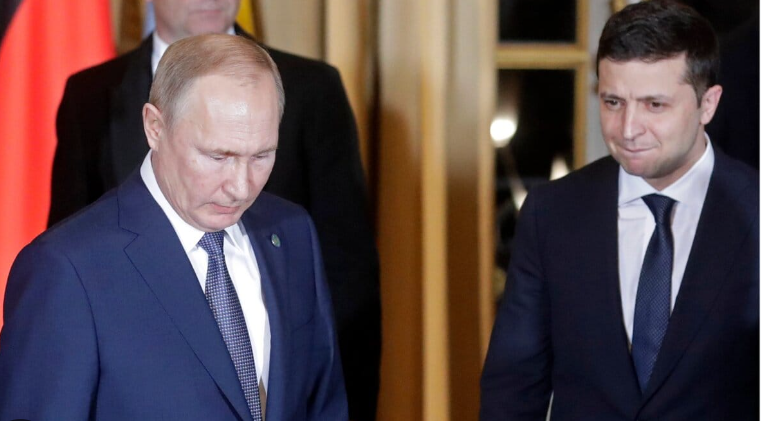[ad_1]
BUENOS AIRES (Reuters) – Polls closed in Argentina on Sunday in a vote to elect one third of the Senate and half of the lower house of Congress that could give business-friendly President Mauricio Macri’s coalition a broader mandate to implement reforms.
The private sector has worried about a potential comeback by former President Cristina Fernandez, a free-spending populist who nearly bankrupted the country during her 2007-2015 rule. But opinion polls had put her in second place in her bid for a Senate seat in Buenos Aires, Argentina’s most populous province.
Argentina’s 98,000 polling stations closed at 6 pm (2100 GMT) after a calm day of voting under clear Southern Hemisphere spring skies. The first results would be released at 9 p.m. local time and should be finished around 2 a.m., according to the interior ministry.
Macri’s Cambiemos, or “Let’s Change” coalition, should get the most votes in races in the top five population centers of Buenos Aires City, and the provinces of Buenos Aires, Cordoba, Santa Fe and Mendoza, said Ignacio Labaqui, Buenos Aires-based analyst for emerging markets consultancy Medley Global Advisors.
The areas account for nearly 66 percent of Argentina’s electorate, according to voter registration data. No one party has won all five in a mid-term vote since 1985.
“I voted for Macri’s list because I want to give him support in Congress. I don’t agree with all his policies but it is time for dialogue,” said Hector Catalano, a 47-year-old businessman.
The coalition won a higher-than-expected 36 percent of votes cast nationwide in the August non-binding primary. Analysts had said the coalition may get more than 40 percent on Sunday.
Fernandez tied with Bullrich in the August primary but has since lagged, failing to unite the opposition. Her expected second-place showing would still grant Fernandez one of the province’s three Senate seats under Argentina’s list system.
Argentina’s Merval .MERV stock index and its peso currency have strengthened on bets Fernandez will not get enough support to launch a serious bid for the presidency in 2019. A weaker-than-expected result for Cambiemos on Sunday could spark a round of profit-taking.
While economic growth has picked up, Macri’s fiscal tightening program, aimed at cutting a yawning fiscal deficit by reducing home heating fuel and transportation subsidies, has been hard for a lot of voters to swallow. Working class neighborhoods where Peronism has deep roots and support for Fernandez remains strong have been particularly hard hit.
“I‘m going to vote for Cristina,” said Pamela Silva, 29, cashier at an empanadas restaurant in Lanus, Buenos Aires province. “Last time I voted for Macri based on his platform of change, and now it seems like the worst mistake I could have made.”
“At least with Cristina we could get by,” she added.
Additional reporting by Cassandra Garrison, Miguel Lobianco, Caroline Stauffer and Luc Cohen; Editing by Dan Grebler and Mary Milliken
[ad_2]
Source link






Leave a Reply